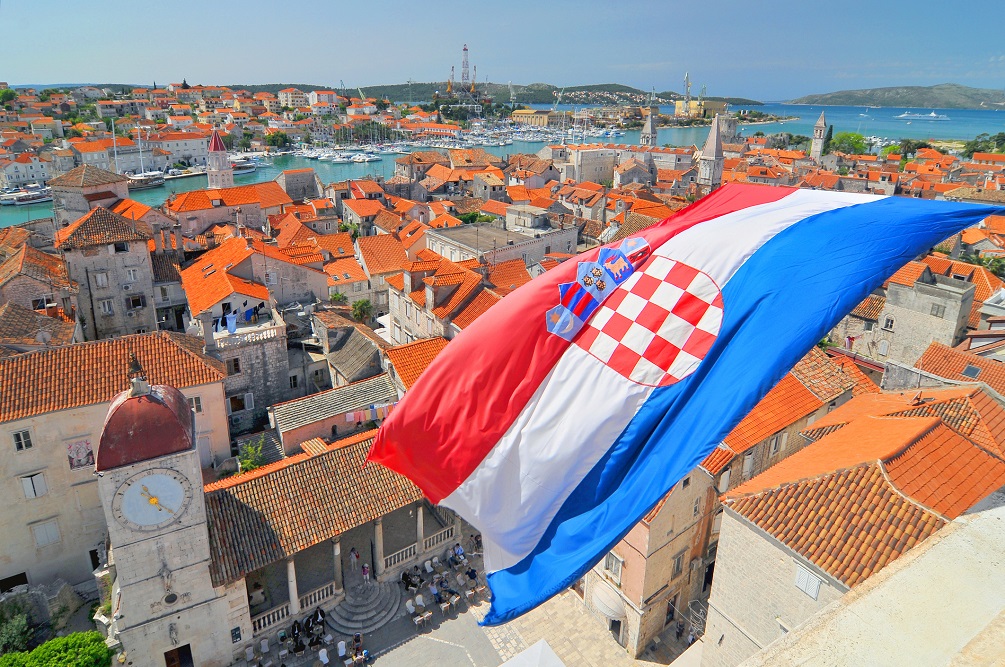Croatia to Join the Schengen Area and the Eurozone by 1st January
21st December 2022
2 min. read
1378

As Croatia joins the Schengen Area and the eurozone on 1st January, visitors to the nation might anticipate changes.
Croatia joins the 26 other European nations who have formally abolished passport checks and all other forms of border control at their shared borders by joining Schengen.
Three months of transition time will be provided for Croatian international airports to modify their entry-level border controls.
Flights coming from the Schengen region and landing in Croatia won’t need to go through passport/border check after the transition is over, which is scheduled to happen by 26th March 2023.
The euro will be accepted as legal tender in Croatia starting on 1st January 2023.
Beginning 1st January 2023, both the euro and the Croatian kuna will be recognized as acceptable forms of payment.
Banks and exchange offices will exchange kunas to euros without charging a fee during the first half of 2023.
By 1st January 2023, every cash machine in Croatia will accept the euro.
The UK Foreign Office has amended its travel advice to remind holders of UK passports that they are not need to obtain a visa in order to visit Schengen countries for up to 90 days in any 180-day period.
Visitors must fulfill Croatia’s admission requirements in order to extend their stay, work or study, travel on business, or for any other reason.
Additionally, the FCDO advises travelers to double-check their passports for stamps if they enter or leave the Schengen region via Croatia.

Olivia Pon
Northwood, Middlesex
Liv& Travel
0203 515 0295
info@livand.travel
Specialist Area:
Action & Adventure, Beaches, Cruise, Luxury, Yachts & Sailing, Private Aviation, Weddings and Honeymoon, Spa & Wellness, Safari, Diving and Snorkeling, All Inclusive
View ProfileRelated Articles
Related News
Related Offers
SIGN UP FOR OUR MAILING LIST
Enter your email address and receive daily or weekly updates with the latest articles, news and videos.Copyright © 2021 Experienced Travellers Ltd. Experienced Travellers Ltd is not responsible for the content of external sites. Read about our approach external linking.

















